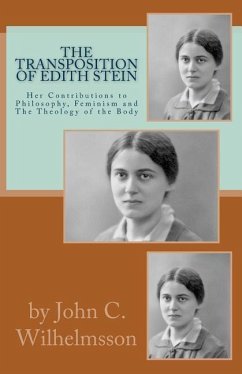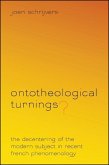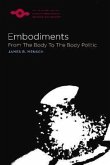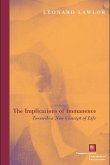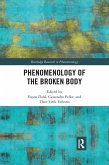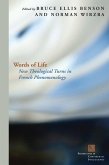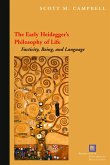Before she was a saint she was a fine philosopher yet because she was a woman her contributions were ignored. This book asks the question: "Did Edith Stein make any important contributions to philosophy and, if so, what are the implications of them for us today?" It begins with a biography of Stein up until the acceptance of her doctoral dissertation "On the Problem of Empathy" in 1916. It then examines the phenomenology of Stein and, in new research, demonstrates her contributions to 20th century philosophy as a whole. Finally, it looks at the feminist thought of Stein and its direct connection to "The Theology of the Body" of Pope John Paul II. Based upon an award winning thesis, here is a book that finally goes beyond just looking at Stein's thought as a curiosity and instead makes a strong argument for her contributions to philosophy, feminism, and "The Theology of the Body" (www.c2op.com).

